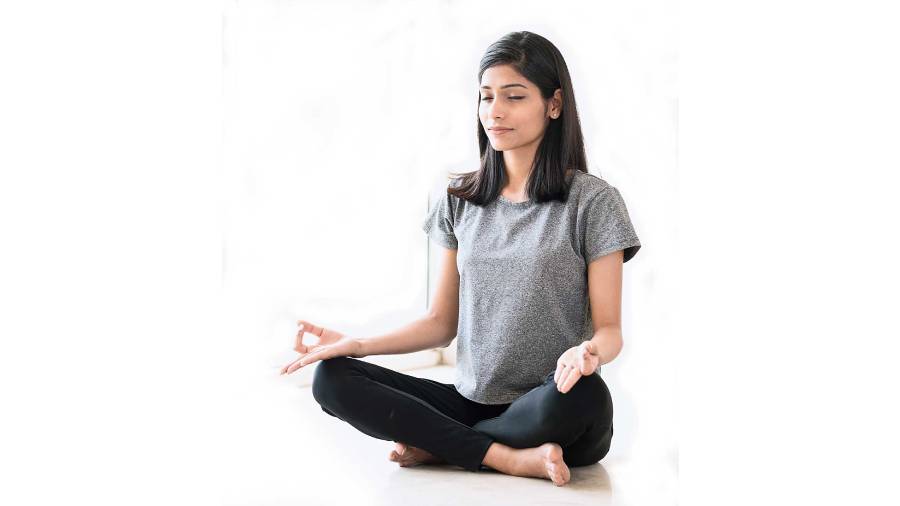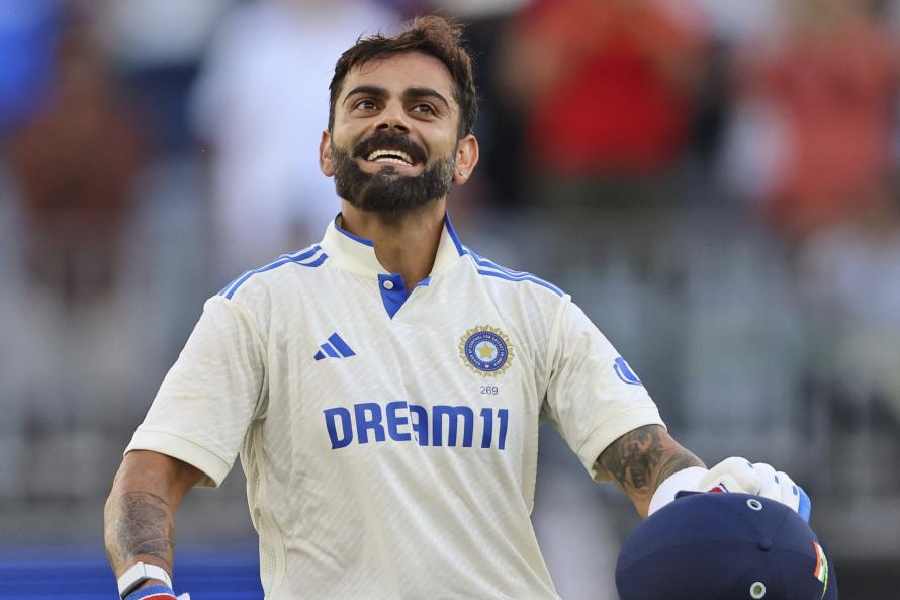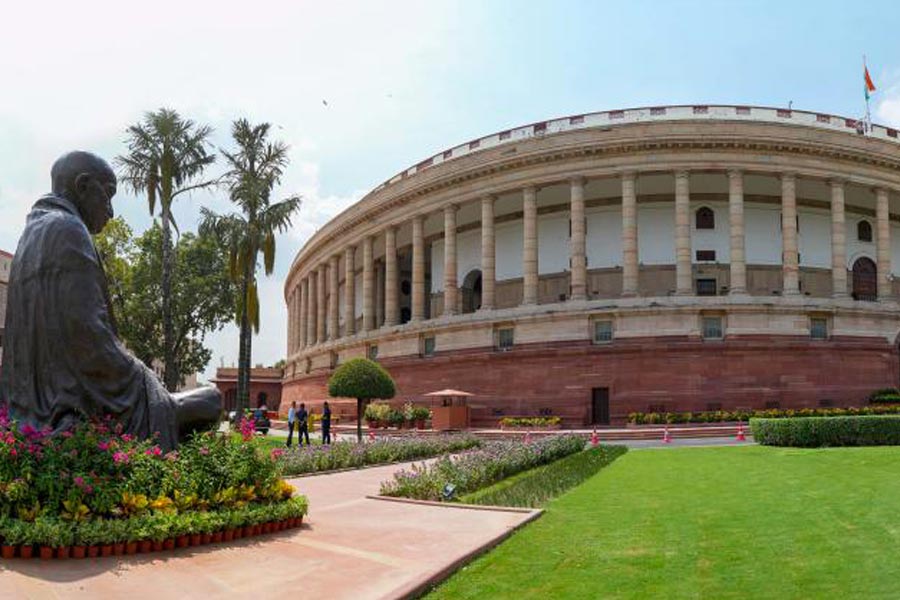According to International Journal of Clinical and Experimental Medicine, exercise can help your immune system when it comes to respiratory infections like Covid. However, it’s crucial to be smart about working out after Covid-19, because doing too much too soon could set you back even further.
When to start:
Below are some guidelines for when you should return to fitness from the research ‘A Game Plan for the Resumption of Sport and Exercise After Coronavirus Disease 2019 (Covid-19) Infection’ by Phelan D, J.H. Kim, Chung E.H. (JAMA Cardiology) and ‘Considerations for Return to Exercise Following Mild-to-Moderate Covid-19 in the Recreational Athlete’ by J. Metzl and others (HSS Journal):
1. Recreational athletes who are Covid-positive and asymptomatic must rest for at least two weeks from the date of positive test results and follow strict isolation guidelines. Exercise can resume after two weeks under medical supervision;
2. Recreational athletes who are Covid-positive and present mild to moderate symptoms, must rest for at least two weeks from symptom resolution and follow strict isolation guidelines. Cardiac function testing may also need to be done depending on physician’s advice;
3. For severely ill patients and those needing hospitalisation, a minimum two weeks rest from symptom resolution is recommended. Additionally, they should undergo careful clinical cardiovascular evaluation with consideration of repeated cardiac testing due to the possibility of cardiac injury that Covid presents;
4. In all cases, return to exercise should be graded and performed at low intensity initially;
5. In all cases, exercise should resume after obtaining permission from consultant physician and after clearing any medical tests that he recommends. The guidelines are much more stringent for those with myocarditis (inflammation of heart muscles) or pulmonary manifestations associated with Covid infection or those with pre-existing cardiac issues.
What to do
A post-Covid fitness regime should be a gradual increase of exercise intensity to your normal pre-Covid fitness levels.
Breathing
Breathing exercises that strengthen the pulmonary system must be an essential part of the recovery to fitness plan. There are a number of Pranayama- and yoga-based exercises that can prove invaluable here.
Stretching
Although there are very few known musculoskeletal complications related to Covid, this initial fitness plan must make use of stretching exercises to relieve Covid-related myalgia (body ache and muscle tenderness).
Stamina
Some hospitalised patients with COVID are at increased risk for hypercoagulability and subsequent thrombosis. Therefore it is recommended by several studies that only low impact cardio exercise (walking, easy cycling or swimming) be initially performed until this risk is eliminated.
Strength
If you prefer strength training, use your body weight only or the lightest weight possible and build up from there. Don’t pick up where you left off weight-wise before you got sick.
Overall training intensity
In the initial phases of return to exercise after recovery from mild infection, studies recommend a gradual guided activity modification plan such as the 50/30/20/10 rule developed by the US-based National Strength and Conditioning Association and Collegiate Strength and Conditioning Coaches Association Joint committee for use over a four-week period. The conditioning volume for the first week is reduced by at least 50% of the normal exercise load, followed by 30%, 20%, and 10% in the following 3 weeks if comfortable at the end of each week.
What to look out for
Covid may affect the cardiac, pulmonary, hematologic or gastrointestinal system. You should therefore closely monitor your own health while returning to fitness.
Of particular importance are these markers:
• Chest pain or heart palpitations
• High heart rate not proportional to exertion level or prolonged heart rate recovery
• Shortness of breath, difficulty catching breath, or abnormal, rapid breathing
• Excessive level of fatigue
• Swelling in the extremities or muscle aches
• Passing out
• Tunnel vision or loss of vision
• Fever
Should any of these show up, stop exercising and consult your coach and your physician immediately.
Always consult a professional before starting on a workout.
The writer, a martial arts and fitness coach, is the founder of Mike’s Martial Arts, a Calcutta-based martial arts and advanced functional fitness studio. Contact: mayukhpb@yahoo.co.in











